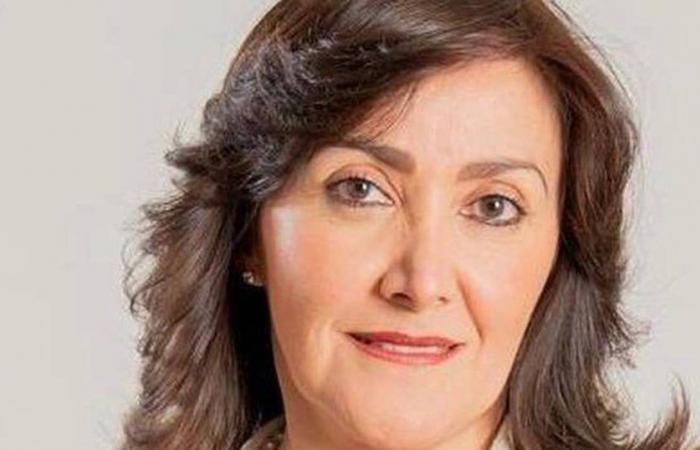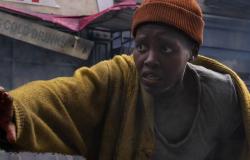While this June 28, many Western countries, including Mexico, are painted in rainbow colors to celebrate Gay Pride Day with parades, parties, artistic and cultural events, human tragedy that is experienced in many parts of the planet and that affects millions of people seems to be normalized.
This day and the following weekend, thousands of people will take to the streets and public squares in hundreds of cities to demonstrate their pride in belonging to the LGBT community, now also LGBTQ+ or LGBTTTIQ+, in memory of what is known as the Stonewall riots of 1969, the result of raids carried out by the New York police in a bar of the same name in the Greenwich Village neighborhood.
Those events of 1969 are recognized as the first occasion in which the LGBT communities They spoke out openly and fought against a system that persecuted, discriminated against and repressed them.
Today, 54 years after those events, the demands of these communities continue to be the subject of controversy, whether sporting, political, religious, or moral, and there are even a good number of countries, particularly in North Africa and South-West Asia, where various LGBT+ manifestations are illegal.
What in some countries is International Pride Day, in others it is the entire month of June, the occasion to celebrate and make these communities visible. However, we must recognize that it is not only LGBT+ communities that suffer from discrimination, segregation, or persecution. Currently, millions of people suffer from these types of attacks on their human rights, whether for religious, ethnic, or racial reasons. Not only that, millions are under the scourge of war and there are no movements or days to make them visible. In fact, in many European and North American countries, marches and demonstrations in favor of the Palestinian people are repressed by government authorities themselves, considering them outside the law.
Who can make visible today the more than 38 thousand Palestinians killed, the more than 80 thousand wounded, and the millions of displaced? Who can call for a march in favor of the children, women and elderly who are caught in the middle of the wars in the Gaza Strip, in Yemen, in Ukraine, Libya, Sudan, Somalia, Burkina Faso, Mali, among other places on the planet where violence is normalized every day?
It is interesting to remember how in June 2011 the United Nations Human Rights Council adopted resolution 17/19 recognizing that there are acts of violence and discrimination against LGBT people throughout the world.
This resolution asked the United Nations High Commissioner for Human Rights to prepare a report on this issue and an action plan to address it.
In addition, the joint declaration of United Nations The UN expressed concern that millions of LGBT people and their families around the world are victims of widespread violations of their human rights and called for action to be taken, adding that failure to respect the rights of LGBT communities and to protect them from violence and discrimination would constitute a serious violation of international standards.
Given this call, many States have been incorporating mechanisms, regulations and policies that safeguard the rights of these communities.
That 2011 declaration is undoubtedly laudable, as is the declaration of the United Nations General Assembly of May 2024, when by an overwhelming majority they voted to accept Palestine As a full member of the organization, only nine States out of 193 voted against, however this initiative has not prospered.
Also laudable is the June 10 resolution of the United Nations Security Council to put a complete and immediate ceasefire to Israel’s war in the Garza Strip that would imply immediate humanitarian aid for the Palestinians.
To date, this resolution has not been heeded by the Netanyahu government either; on the contrary, the Israeli Prime Minister himself has declared his military plans to bring the bulk of his forces to the north of the country, putting at risk the war now escalating in Lebanon.
It is urgent to take a critical look at the current situation in the world. I am not saying that the streets should not be painted in rainbow colors. The call I am making on this June 28 is to remember the many victims that conflicts and wars have claimed and continue to claim.
Suffice it to remember that this June 28 also commemorates 110 years since the start of the First World War, which cost the lives of more than 10 million soldiers and a similar number of civilians.
It is time to paint the colours of peace, equality, security, equity, respect and freedom in every corner of the world.
The author holds a PhD in International Relations, specializing in Global Affairs and International Politics. She is a research professor at the School of Government and Social Sciences at the Tecnológico de Monterrey.






